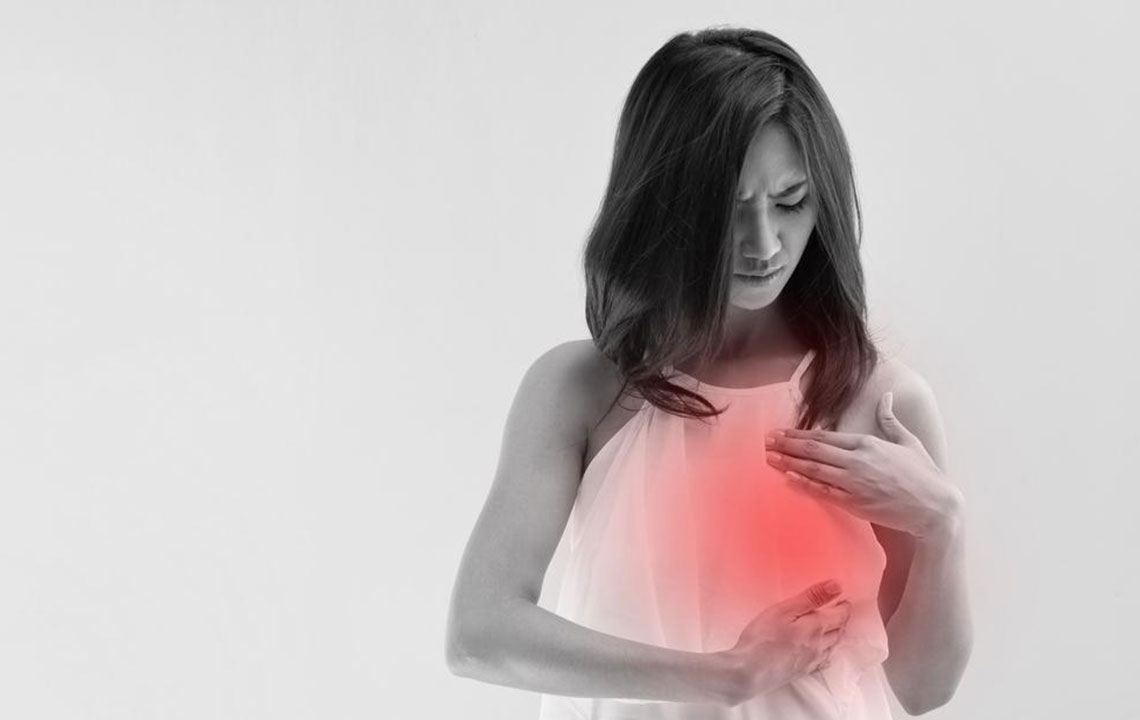Here are common types and symptoms of breast cancer
Breast cancer starts in cells that line the ducts of the breasts, which are the tubes that carry milk from the glands to the nipple. This is called ductal carcinoma breast cancer. Cancer in the cells of the lobules, which are a group of glands that make milk, is called lobular carcinoma.
Breast cancer can be classified into different subtypes on the basis of their characteristics such as their receptor status. The types of breast cancer include the following:
- Invasive: This is the most common type of breast cancer.
- Inflammatory: This is a rare form of cancer in breasts.
- Recurrent: This term is used to refer to cases where breast cancer symptoms have recurred in patients.
- Metastatic: This is the most advanced stage of breast cancer, where the cancer cells have spread across the body to the brain, lungs, and so on.
What is HER2 breast cancer?
Human epidermal growth factor receptor 2 (HER2) is one of the genes present in every woman’s breast cells, which is responsible for repairing cells and growing more cells. If HER2 gene mutates, then cells grow and divide out of control, which leads to breast cancer.
Symptoms of breast cancer
As most of the symptoms of breast cancer are invisible and not noticeable, it becomes difficult to diagnose it sooner and often it is too late for recovery. Some of the symptoms of breast cancer, which when noticed at an early stage helps in faster recovery, are mentioned below:
- Swelling of some or all parts of the breast
- Pain in the breast or nipple discharge, lump in the breast or underarm, all of which indicate metastatic breast cancer signs
- Inward turning nipple
- Any crusting or rashes over the nipple or near the area
- Enlargement of pore
- Breast skin or nipples become scaly, red or swollen.
- Unexplained swelling or shrinkage of breast, especially on one side only
Consult your doctor if you feel any of the above symptoms or signs. However, having any of the above symptoms or signs don’t necessarily confirm that you have breast cancer.



